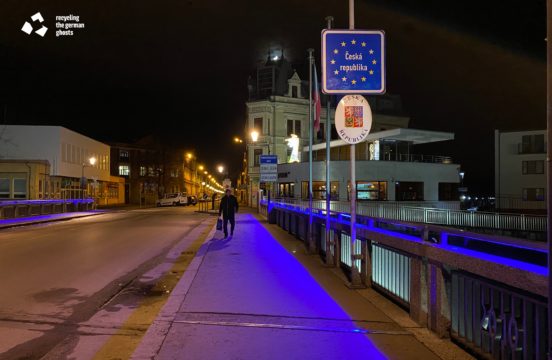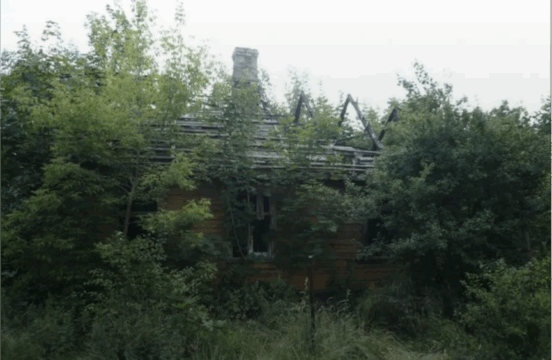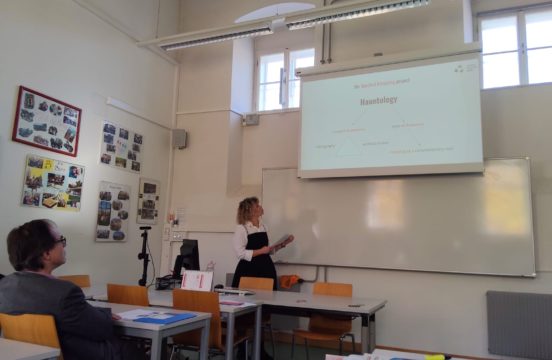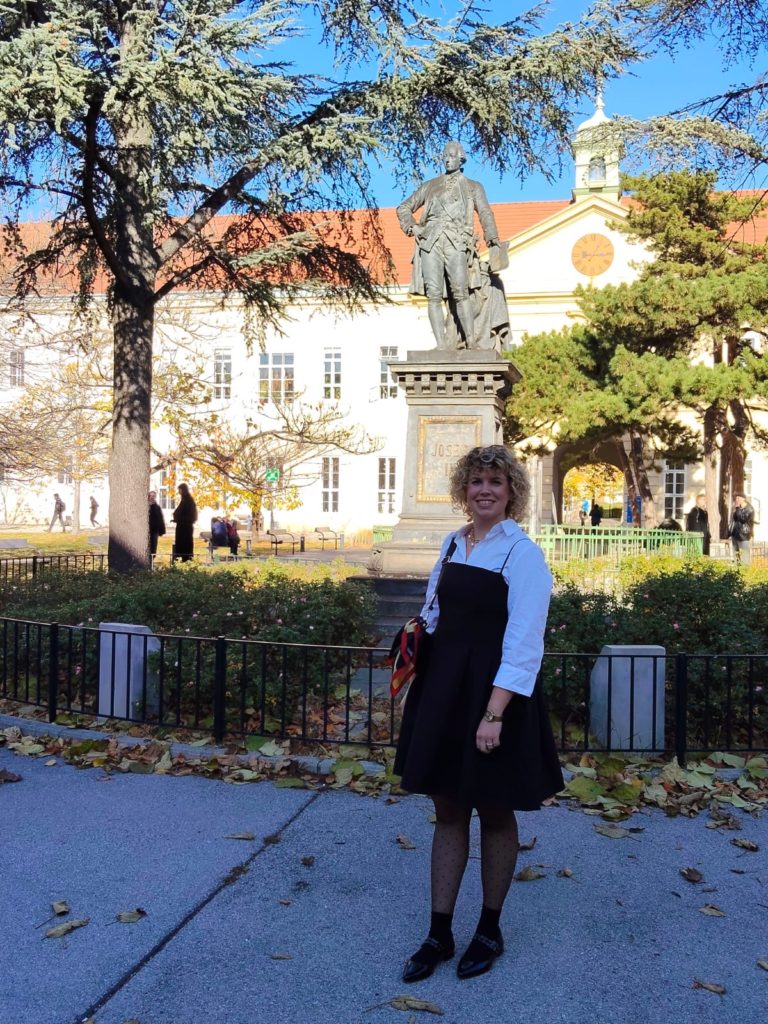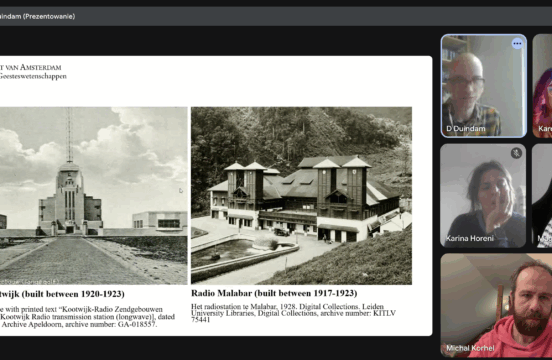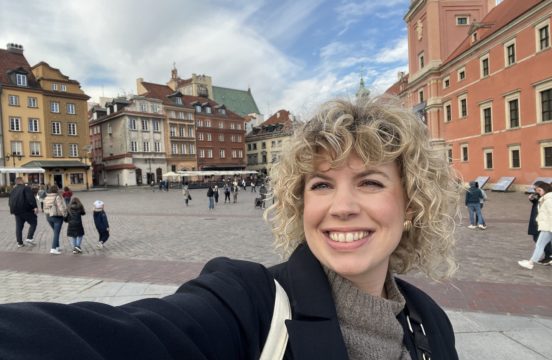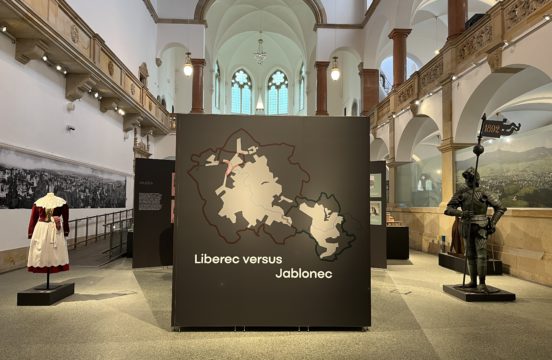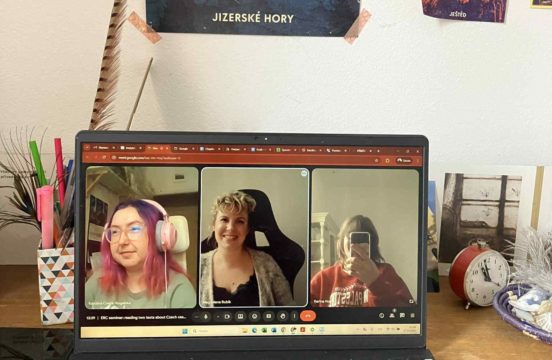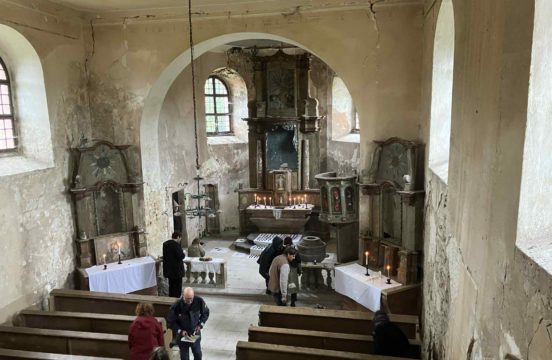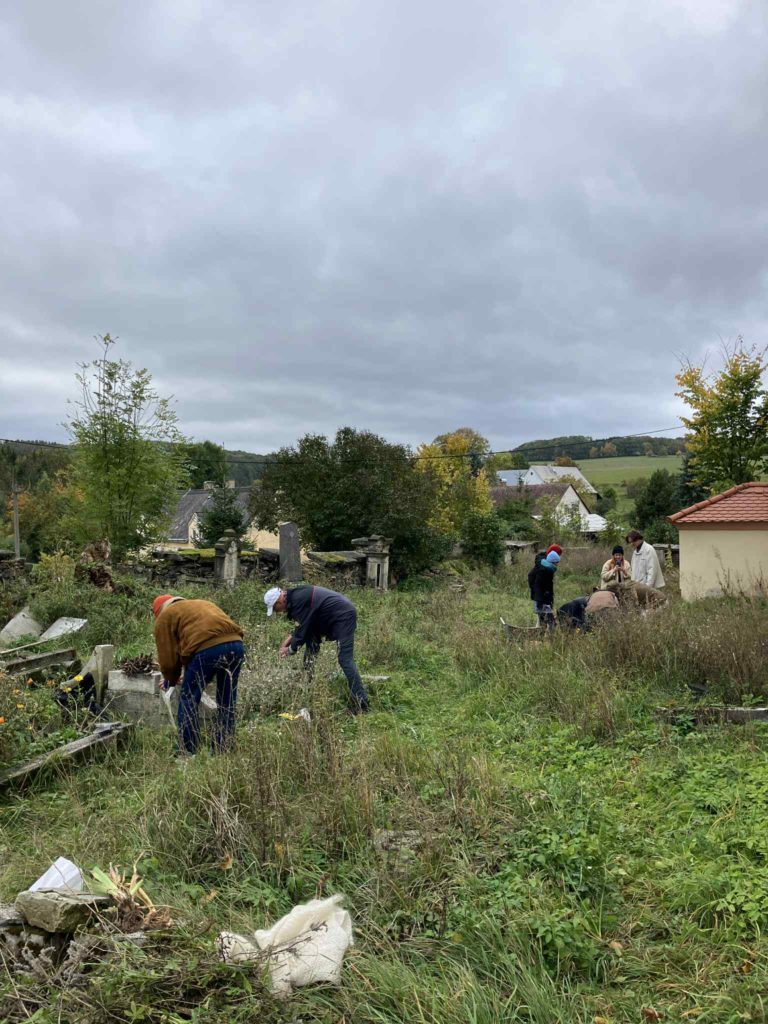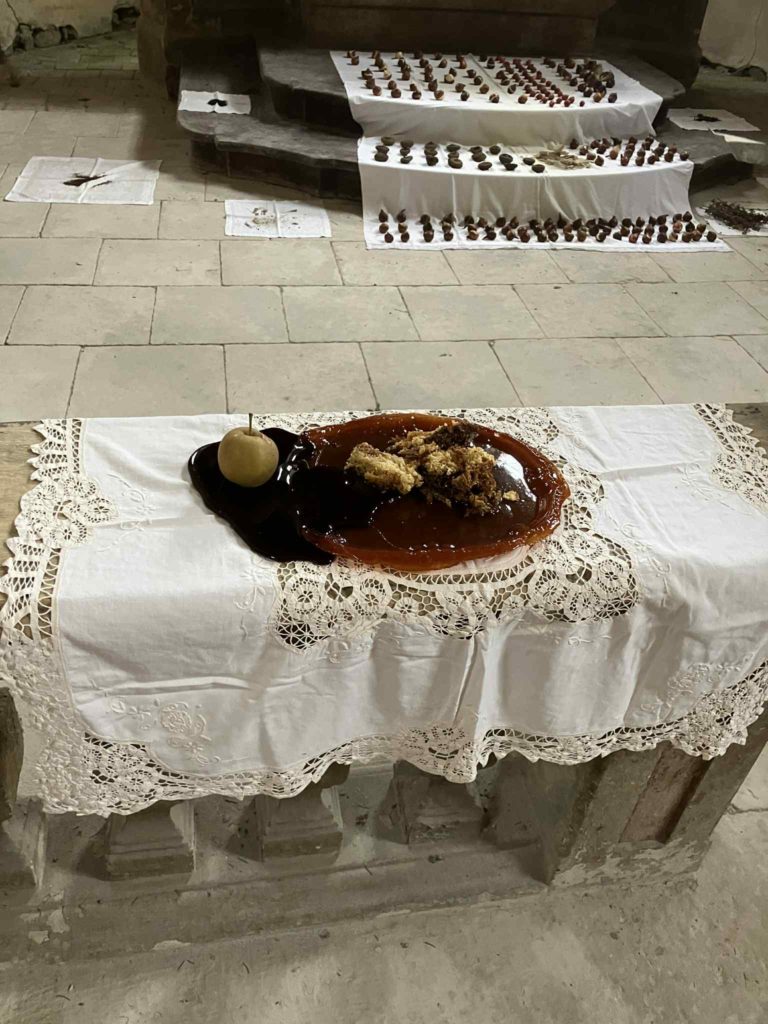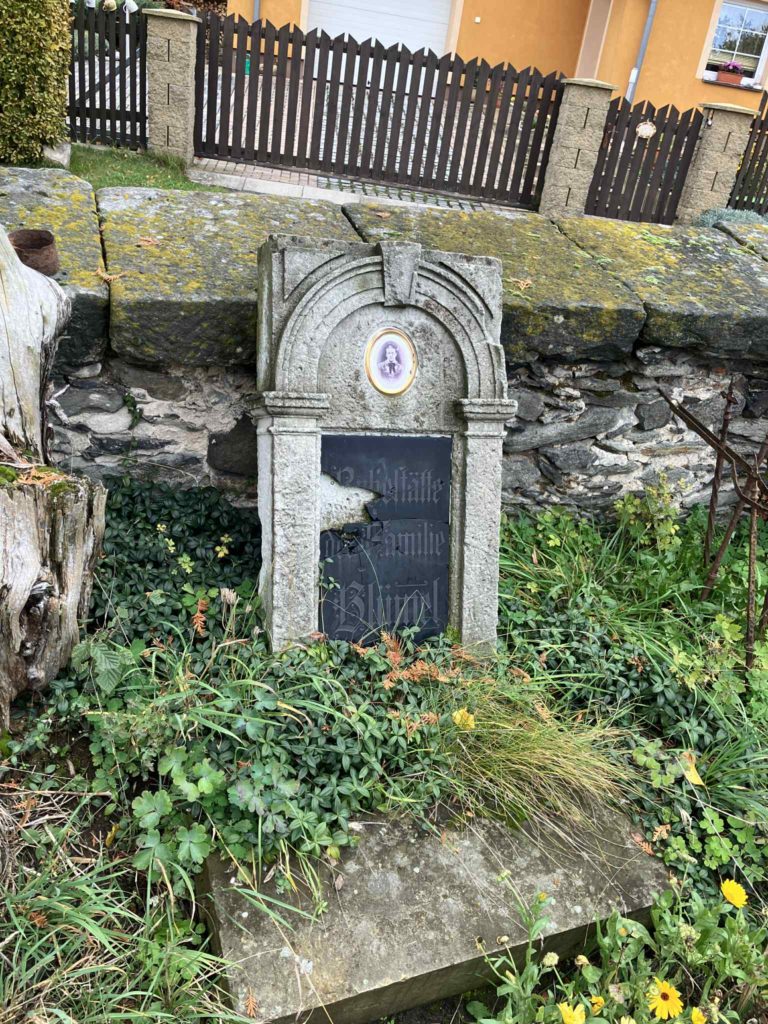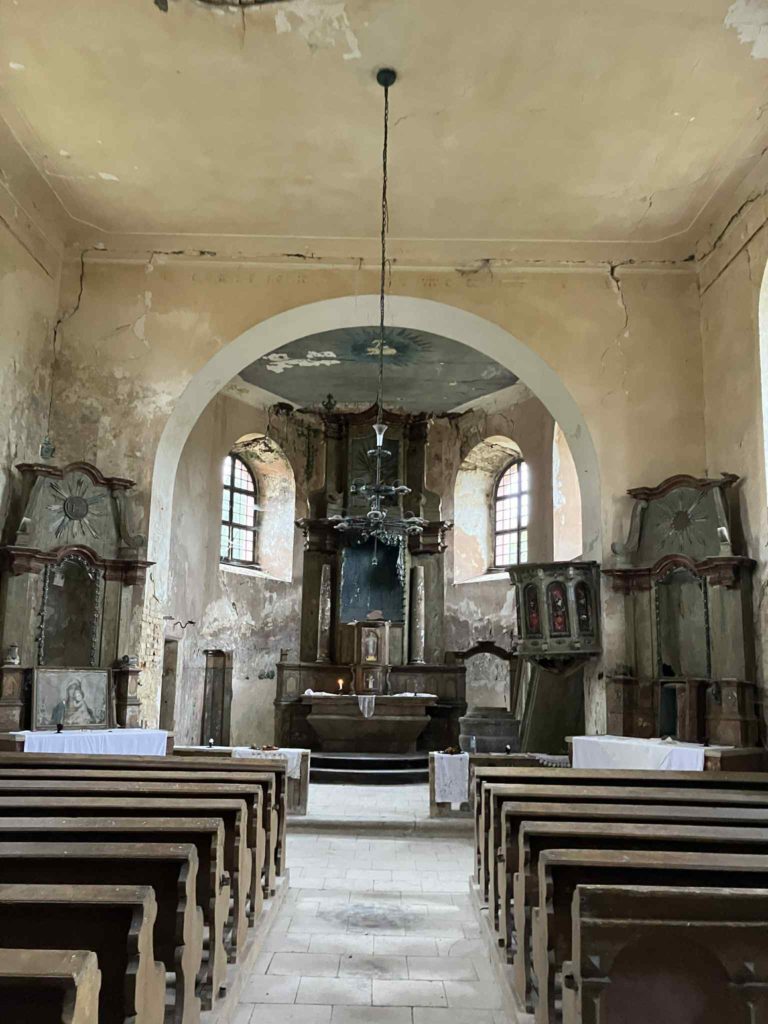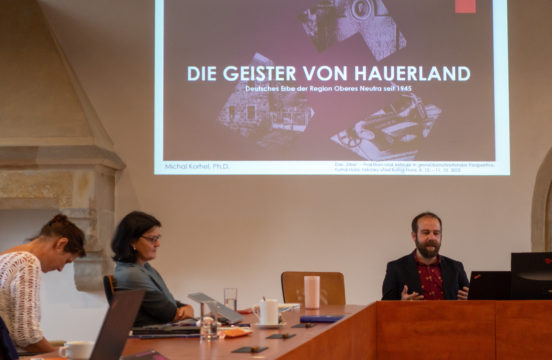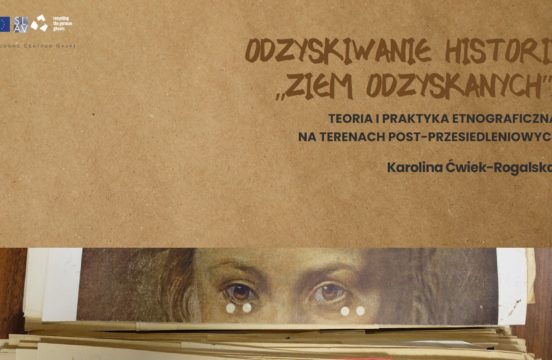In the latest issue of the Acta Universitatis Carolinae – Studia Territorialia you can find an article written by Magdalena Bubík, titled “Cieszyn Friendship Bridge and its ghosts: the changing role of a bridge that unites and divides two countries”.
Magdalena’s article explores the changing symbolic and social role of the Friendship Bridge in Cieszyn, a town divided between Poland and Czechia by the Olza River. Once part of a militarized border zone, the bridge has evolved into a space of remembrance, reconciliation, and everyday cross-border connections. Drawing on interviews, autoethnography, archival research, and media analysis, the study shows how major political events – from the fall of communism to European integration and the COVID-19 border closures – have left their mark on the bridge’s landscape and meaning. Using the concept of hauntology, the article examines the “ghosts of the bridge”: the memories, stories, and urban traces that shape local identity and reveal how contested histories continue to influence collective belonging.
Link to the article you can find here.

